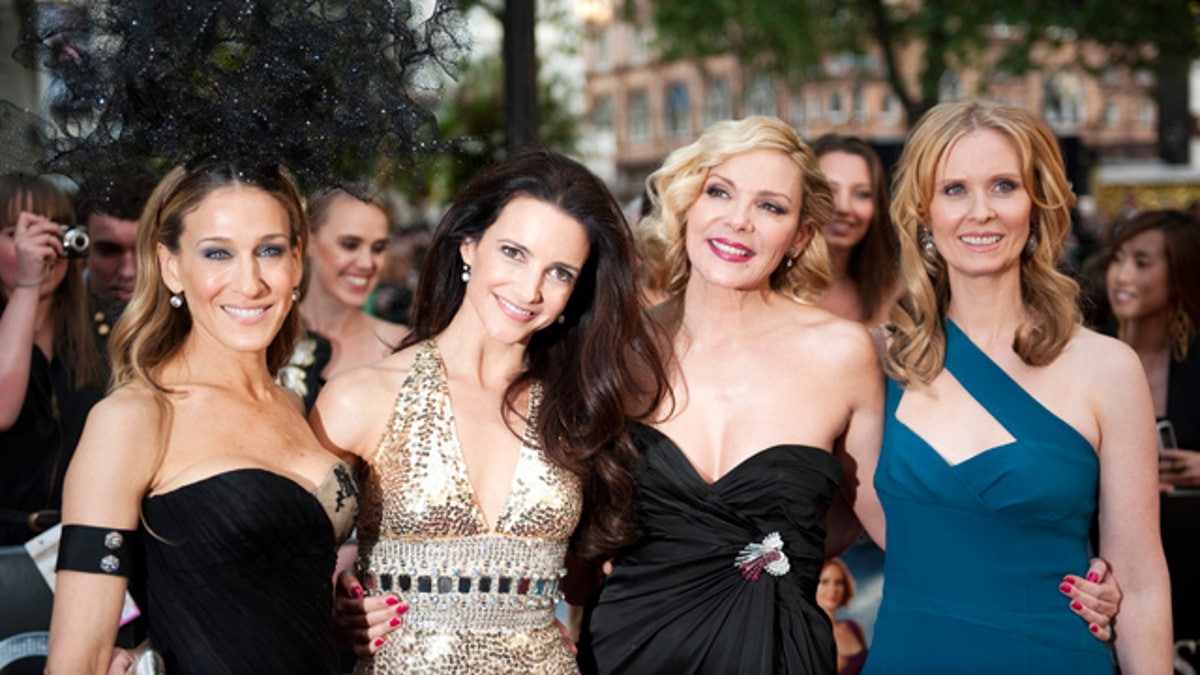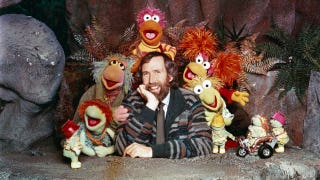
(Reuters)
In a scene from “Sex and the City 2,” Carrie Bradshaw and her three BFFs glide through a Middle Eastern desert festooned in Arabian finery on the backs of two camels.
That colorful vignette was never viewed in a theater in the United Arab Emirates. In fact, the movie itself was banned, because, according to the country's National Media Council, “the theme of the film does not fit with our cultural values.”
The same went for Iran.
“Western films are shown in Iran if they have a philosophical message which is in tune with challenging … the culture of the West,” Milad Dokhanchi, an Iranian-Canadian independent documentary filmmaker who is currently living in Tehran, tells FOX411.com.
And films that do make the cut are still subject to heavy editing.
“The red lines for editing in Iran are sexuality, what would be called the display of obscenity—that would be edited out,” Dokhanci said. “For example, scenes of people making out would be cut. Harsh violence would be edited out. Those are the two main things.”
But how much of a U.S. film hits the cutting room floor in a Muslim-majority country, depends on the country.
Iran’s cultural adviser, Javad Shamaghdari, decides what will be shown in theaters there.
“His team is responsible for editing Hollywood films,” said Dokhanchi, who recently interviewed Shamaghdari. “He told me that his goal was to make Iranian cinema global. Off camera, he comes off very confident and very chill—very relaxed. He joked with me and was funny.”
Shamaghdari wasn’t in a laughing mood when members of the Academy of Motion Pictures Arts and Sciences paid a visit to Tehran in 2009 during an “educational and creative exchange.” Then, he demanded an apology from the delegation, which included AMPAS president Sid Ganis, former president Frank Pierson, actress Annette Bening and producer William Horburg, for the "30 years of insults and slanders" about Iranians portrayed in Hollywood films.
He did not receive one.
Despite state censorship current, uncut Hollywood films are available to anyone who wants them in Iran -- on bootleg DVDs.
“If people are interested, they can buy them for a buck or two,” says Dokhanchi. “Generally, people are not interested in going to Iranian cinema to watch Hollywood films, simply because they can get them for a very cheap price on the street. They are uncensored. I have networks of people—I give them a call, they drop off the film right at my door for a buck or two.”
Some of the DVDs currently available include “The Prince of Persia” and “The Reader.”
“There is no punishment for selling pirated DVDs, because there’s no copyright law in Iran,” Dokhanchi said.
A third outlet for viewing select Hollywood films in Iran is IRIB, the state controlled television channel. "'Slumdog Millionaire’ was on national TV recently," says Dokhanchi, “The dancing scenes were definitely edited out, but the violent scenes were left in.”
But while Iran and the more conservative Muslim-majority countries have strict rules on what stays and what goes, others are less restrictive.
“In Turkey, there would be less censorship in terms of the sexual scenes,” Ali Abootalebi, a political science professor at the University of Wisconsin Eau Claire, tells FOX411.com. “They're not going all the way like in Hollywood, but they’re more open.”
Abootalebi said in Turkey’s versions of Hollywood films, “people can kiss, there’s limited bedroom scenes, and nudity.”
Why?
“[Turkey] wants to be a secular country, unlike Iran and Saudi Arabia, where there’s not even touching,” Abootalebi said. “In those conservative states, there’s no dancing, singing, swearing or depictions of homosexuality in films.”
Los Angeles-based writer and director Elie Karam was living in Lebanon when "Sex and the City 2" was released there.
“The film wasn’t censored at all—nothing was taken out. Lebanon is one of the most open countries in the Middle East, so there’s not as much censorship,” he said. “I don’t think that 'Sex and the City 2'’ deserved the ban [in the EAU and other Muslim countries] because it didn’t really portray the Arab countries in a bad way—the Arab people were portrayed as generous and nice. It wasn’t an attack.”














































